Why are sustainable recipes important?
Good food makes you happy, healthy and can even help to make a better future. With a sustainable diet, we send out a signal for a just and future-proof world. Buying the right food, wasting less, looking out for Fairtrade labels and prioritising plant-based fare makes a difference to the food situation worldwide.
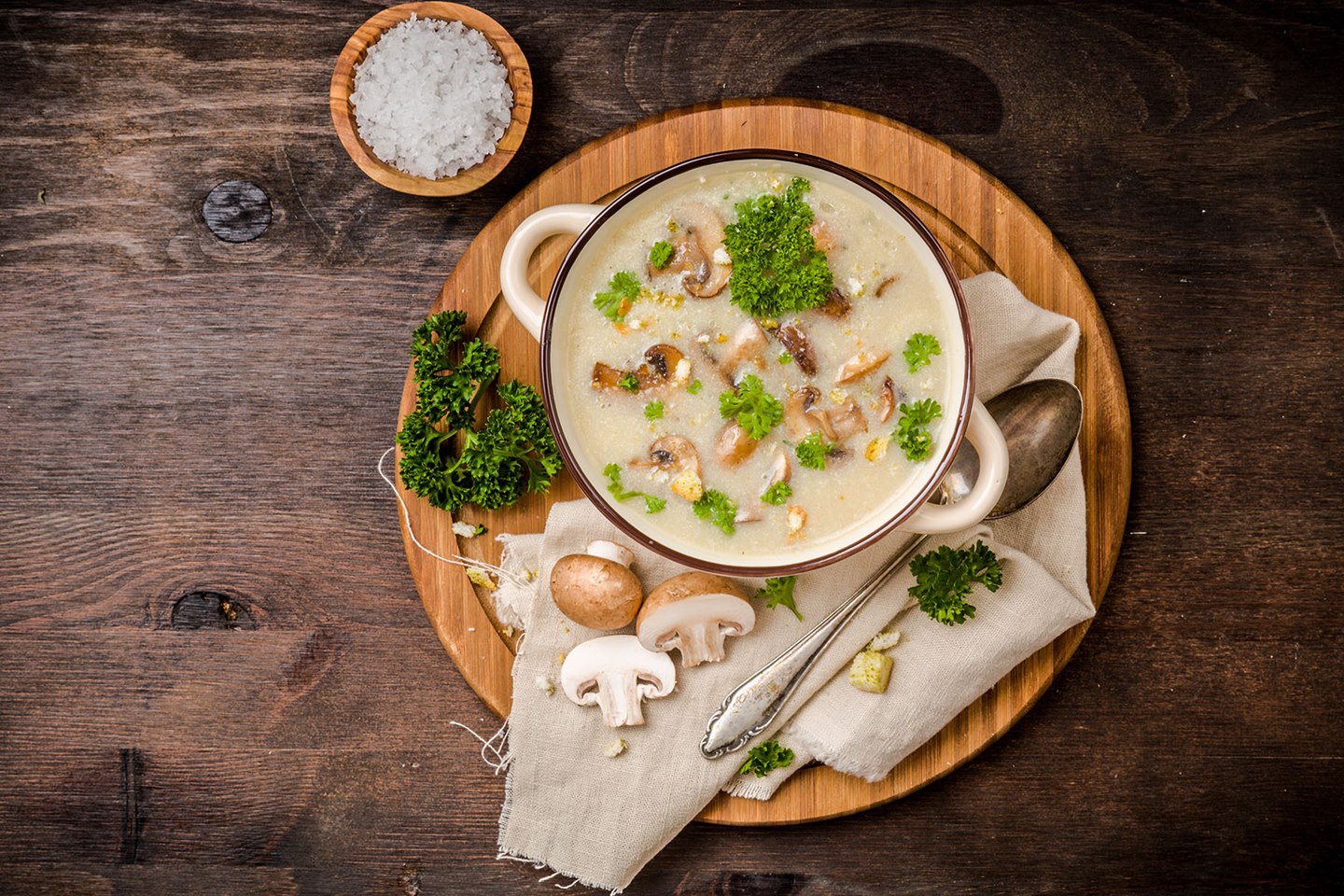
What have our eating habits got to do with the environment?
Both the production of food and our eating habits are having a major impact on our environment. The extent to which they put pressure on our environment or help to protect it depends on factors, such as food type, its production and processing as well as on how it is transported, prepared and cooked.
Much of our food is farmed. This uses a lot of land and resources. Around half of Germany's total area is used to produce our food. Depending on how it is worked, this can either damage or protect our environment.
One example: too much fertiliser harms living organisms in water bodies. And: pesticides not only kill insect pests but can also harm bees and butterflies. As such, the way we treat the land used to produce our food has a significant impact on our environment – and ultimately on ourselves.
From harvesting, breeding or production, to processing, packaging and presentation on shelves, food passes through many different stations. Personal buying and eating behaviour opens up ways of reducing the negative impact on our environment.
Benefits of sustainable recipes to your own health and the planet
On the subject of sustainability, the first thing that often springs to mind is saving electricity and water as well as climate change. To some, our eating habits are not seen as being particularly relevant – wrongly so, because this is a parameter that can achieve a lot.
At the same time, though, a sustainable diet means much more than buying organic products. It's also worthwhile focusing on regional and seasonal foods, and giving preference to plant-based products. Ideally, it would be best to stop eating meat at all because it's a fact both animal husbandry and production generate huge amounts of greenhouse gas emissions. And: anyone regularly eating large quantities of meat also increases the risk of getting cardiovascular problems or cancer.
Incidentally, the situation is similar with fish: overfishing the world's oceans means entire species are on the verge of extinction and the seas, with their sensitive ecosystem, are in huge danger.
If you stop eating fish, limit your fish consumption or only buy locally farmed fish, you will be taking a big step towards a sustainable diet.
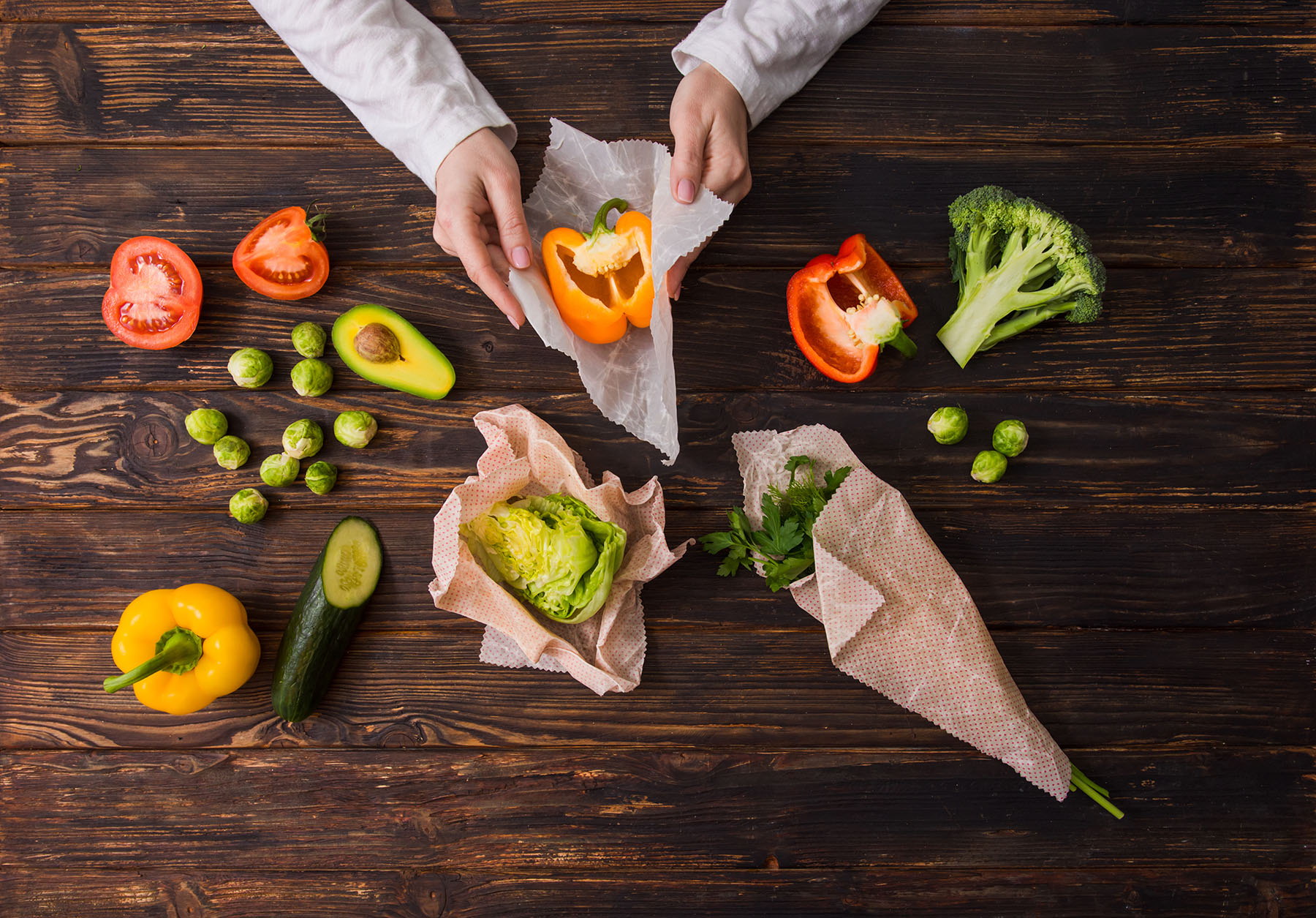
Fast, delicious and sustainable cooking
Sustainable cooking is often associated with taking more time, special preparation and cooking skills as well as less enjoyment. Using the following recipe, we're going to show you that the opposite is true – in just 15 minutes.
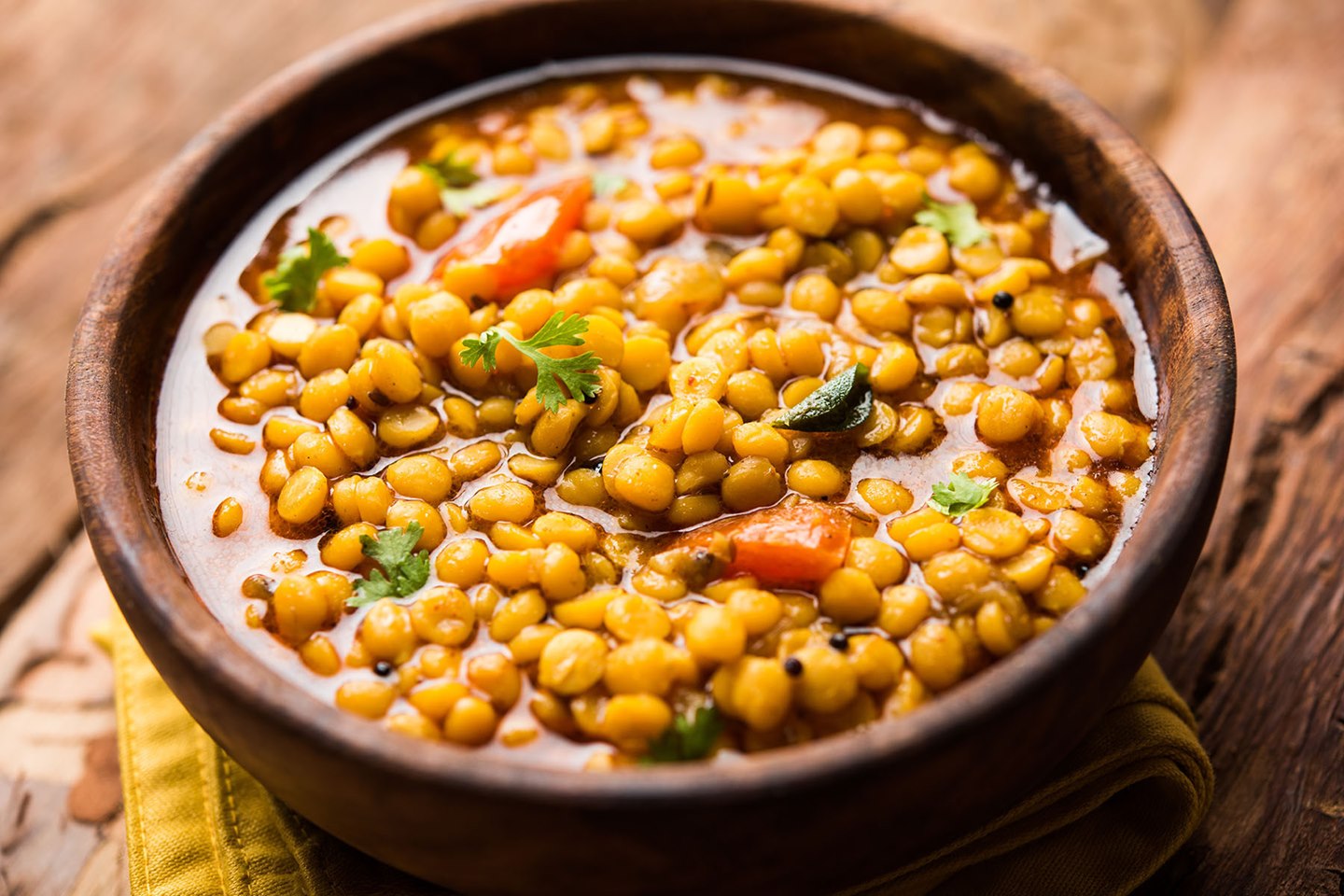
Vegan chickpea curry
Our vegan chickpea curry is to everyone's taste. If you wish, it is, of course, easily beefed up with tofu, feta and virtually any vegetable. It really does only take 6 ingredients and 15 minutes to cook.
Organic ingredients
- 1.5 cups brown rice
- 400 g chickpeas
- 75 g coconut milk
- 350 g tomato paste
- 1 tsp garam masala
- ½ tbsp rapeseed oil
Method
- Heat rapeseed oil in a large pan, add chickpeas and garam masala. Give a quick stir and fry for 3-4 minutes. Stir occasionally to avoid burning.
- Add tomato passata and coconut milk.
- Cook for approx. 5 minutes until the curry is heated through. Feel free to add further seasoning to taste, such as salt, pepper or ground ginger.
- Once the curry is heated through and creamy, divide into bowls, serve with rice and, if you wish, Indian flatbread.
Tips on planning your shopping with the environment in mind
Anyone eating a resource-conserving diet will be helping to mitigate negative impacts on the environment in the food production process chain. What's more, a sustainable diet protects biological ecosystems and biodiversity. The following tips not only reduce pressure on the environment and climate, but also on your purse or wallet.
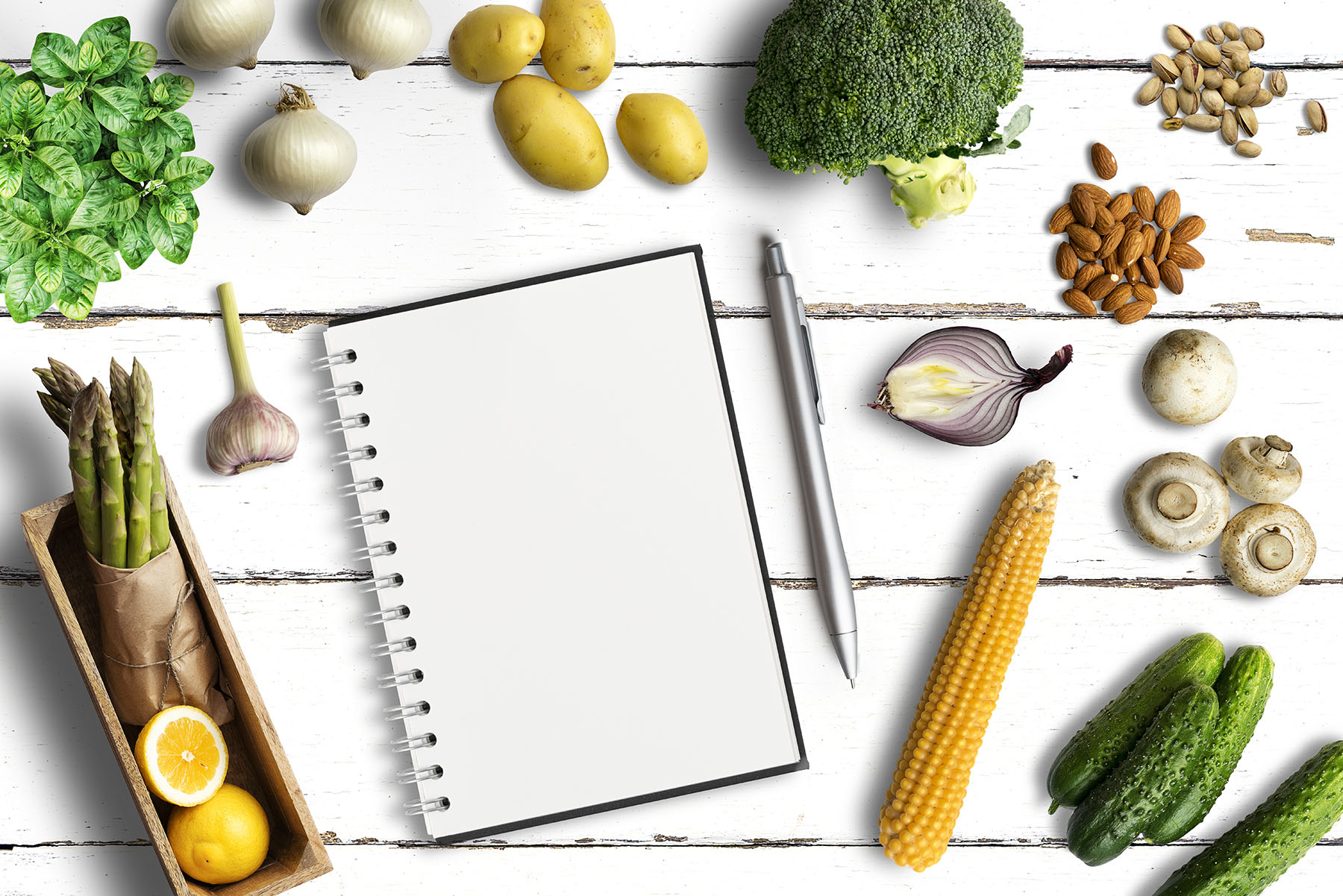
- Regional and local products shorten transportation channels, reducing CO2 emissions. You can, for example, find out which foods are in season by consulting this seasonal fruit and vegetables calendar.
- Buying unpackaged products reduces plastic waste and is easily integrated into everyday life (cue: cloth bags).
- Compared with highly processed foods, fresh or homemade products come with compelling benefits from lower energy consumption, and they also usually contain less fat, sugar and additives.
- Hence, choosing climate-friendly food tends to be geared towards plant-based products and products of organic origin.
- Using refrigerators, dishwashers, kettles and other electronic kitchen appliances costs energy. Energy-efficient kitchen appliances significantly reduce energy consumption.
Where can you find further sustainable meals?
On Nolte Blog you'll find a whole host of delicious, easy-to-cook and sustainable dishes to suit all occasions.
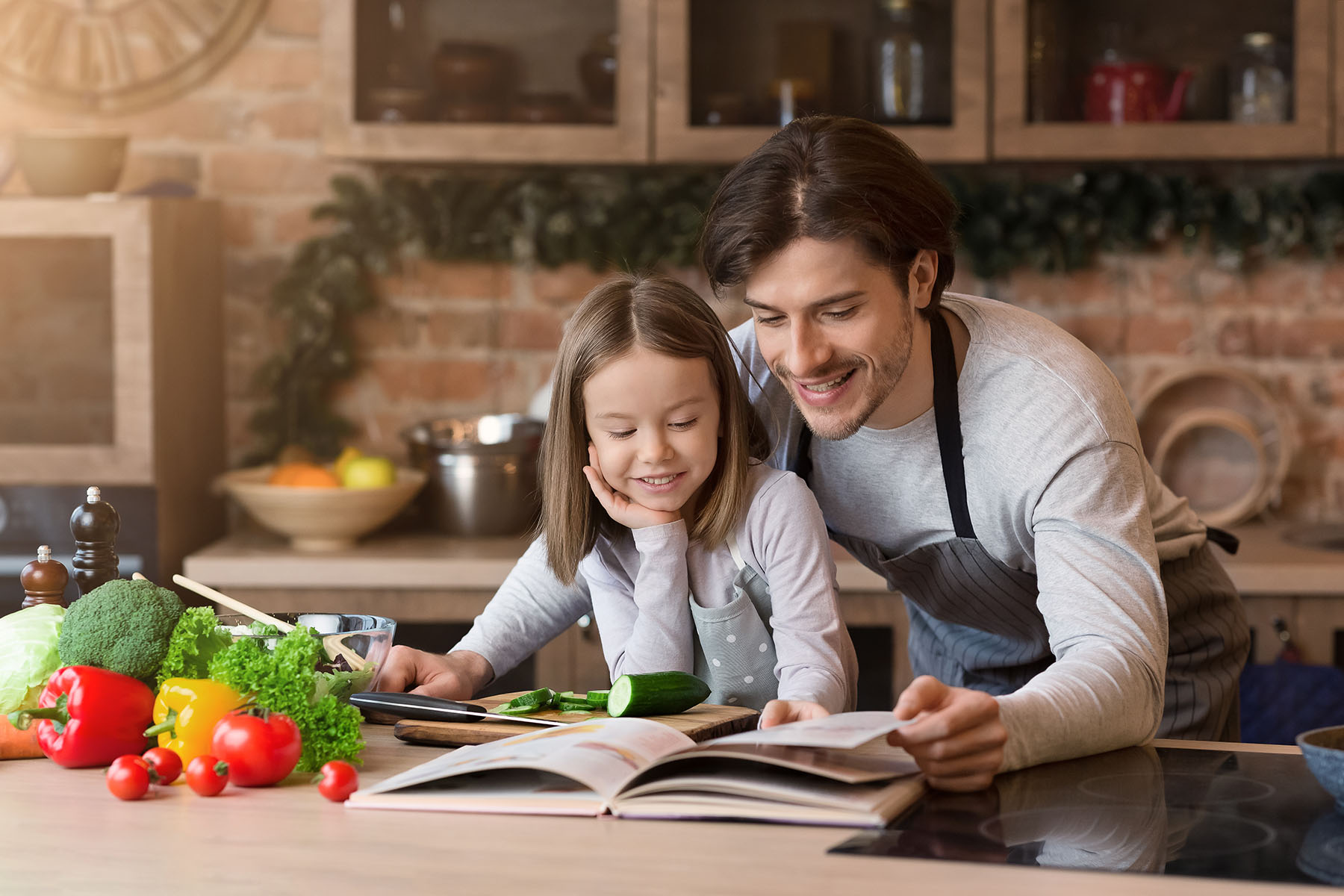
Suggested reading for sustainable cooking
If you want to delve deeper into the subject of sustainable cooking, we can recommend the following three books:
- Zero Waste
For beginners by Kate Arnell and Annette Ostlaender Step by step to less waste in 6 weeks: valuable tips and help on how to avoid waste in a simple plan for life. - Food for future by Martin Kintrup
In his book, best-selling author Martin Kintrup shows that sustainable cooking needn't be complicated and doesn't necessarily take long. He also reveals how to make a simple switch to "green cuisine". - Homemade rather than bought from smarticular.net
Ideas portal smarticular.net has been publishing instructions and tips on simple and sustainable living since 2014. In this book you will find 137 healthier alternatives to ready-made products that save money and protect the environment.
Want to know more about sustainability and find out how to make your cooking more sustainable – if so, click here to read more.
We wish you some enjoyable reading and cooking our recipes!
